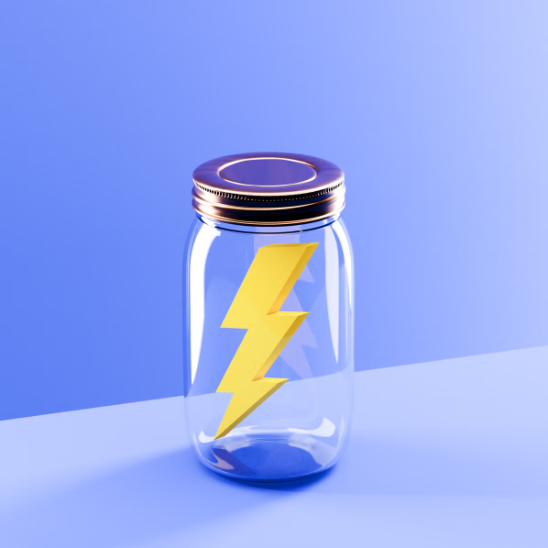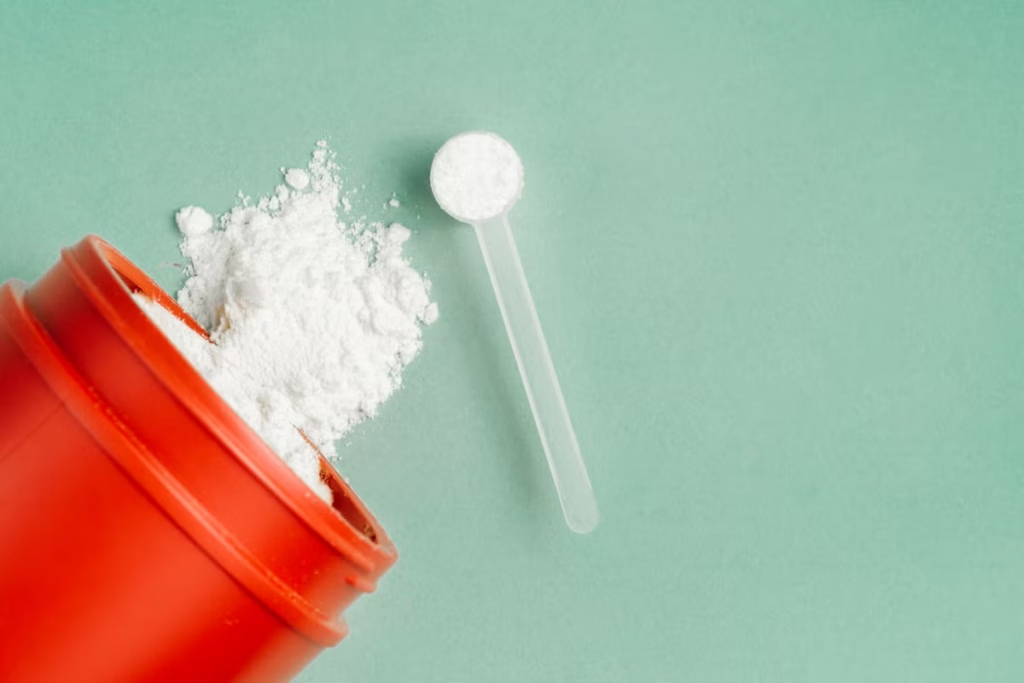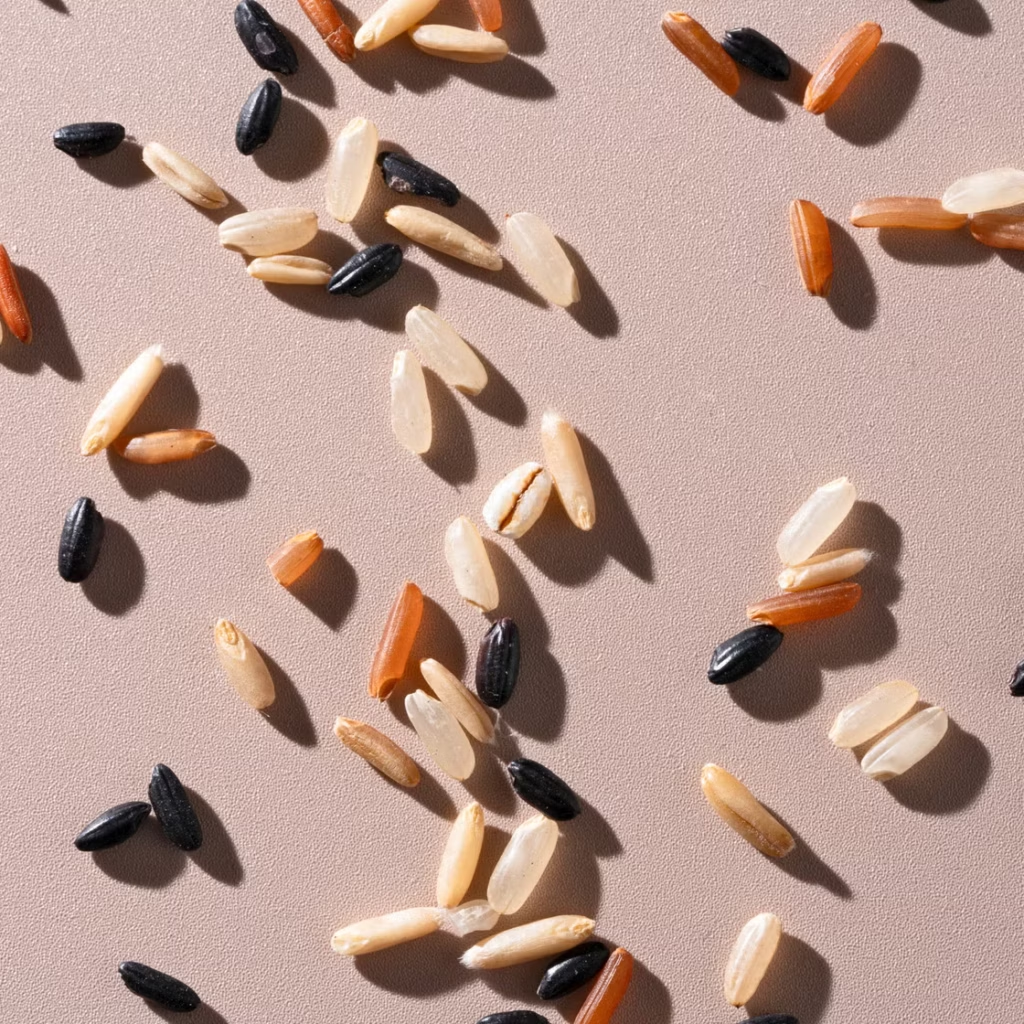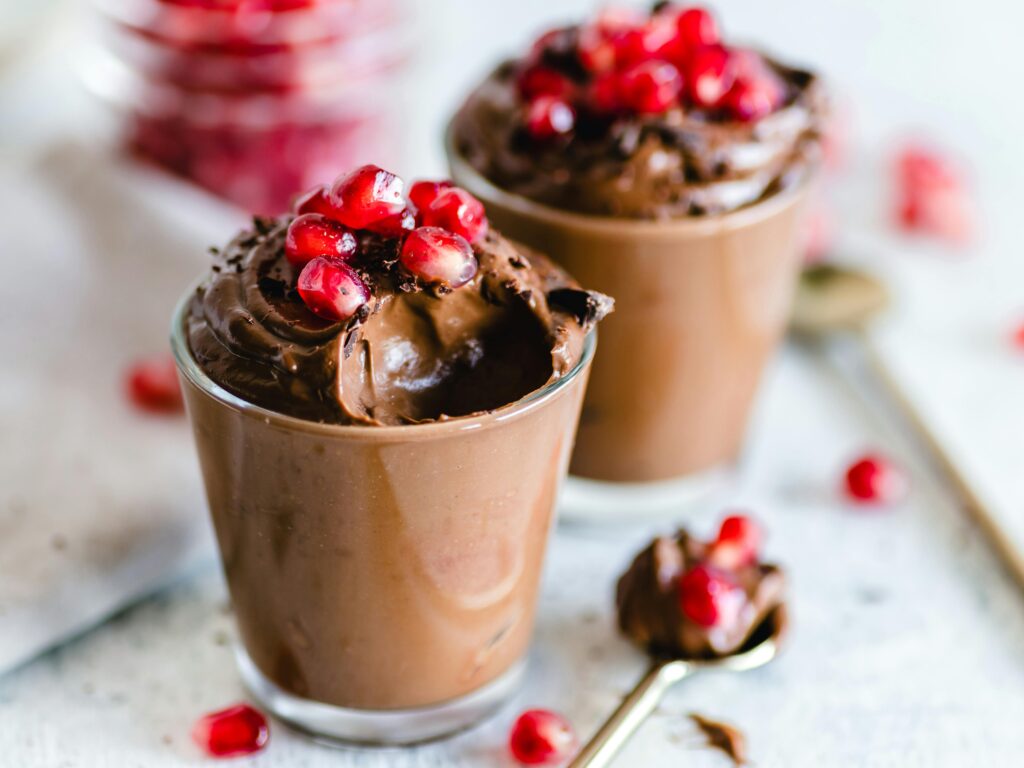DR ERIC TREXLER, PhD – researcher, coach, and professional bodybuilder – recently appeared on the Renaissance Periodization podcast to share his evidence-based tier system for ranking muscle-building supplements. He emphasised that supplement rankings are goal-dependent, varying based on what you’re aiming to achieve with your training and supplementation.
Dr. Trexler then outlined his tiered approach specifically for those focused on gaining muscle and building strength, categorising supplements into five distinct tiers and providing examples of each along the way.
Tier-1 Supplements
‘Tier-1 basically means we have strong evidence. We know what this thing does, and what it does is good,’ says Dr. Trexler, who explains that for muscle-building, tier-1 supplements are in a class of their own. ‘It’s a short list – it’s creatine [assuming you’re not a non-responder] and it’s protein.’
Dr. Trexler caveats that protein supplements could be redundant if you’re able to get enough of the macronutrient from your diet. ‘If you’re eating enough from your food, who cares, forget it.’
Tier-2 supplements
Dr. Trexler believes tier-2 supplements are the most interesting. ‘There is some evidence related to the supplement for the outcome we’re interested in, and it actually looks pretty good, but it’s not on tier-one because it has some shortcoming,’ he says. ‘Maybe the initial evidence is pretty good, but I’d like to see more of it before I get super stoked.’
He adds that in some cases, the evidence for a supplement may be very strong, but in the real world, its effects are small and inconsistent, or only work in people with deficiencies. ‘You can have a really solid evidence-based justification for this. However, you’re likely going to have to acknowledge this is a really marginal effect. Maybe this only matters for a competitive athlete.’
The supplements Dr. Trexler would include in tier-2 are: sodium bicarbonate, citrulline malate and nitric oxide supplements.
Controversially, Trexler says he would also put caffeine, one of the most heavily relied-on ergogenic aids in existence, into tier-2. ‘There are meta-analyses and umbrella reviews indicating it should have a positive effect on things like strength, strength endurance, and power. But caffeine is probably better for endurance sport than it is for resistance exercise.’
He does point out the potential dark side of becoming too reliant on the pre-workout shot of espresso. ‘We don’t know when you get to that point when you say, “I wouldn’t dare work out without my pre-workout.” Is that because it’s still giving you an ergogenic [performance-enhancing] effect? Or is it because caffeine withdrawal gives you an ergolytic effect and your performance sucks?’
(Ergolytic is science-talk for something that negatively impacts your performance.)
Tier-3 supplements
‘Tier-3 is where the vast majority of supplements live’, Trexler says. ’It’s the tier where I tell someone I do not have enough evidence to say that there is a defensible use case for this but I also don’t have enough hard evidence to tell you there is no way this will work.’
So, if it’s not in any of the other tiers, with enough evidence for or against it’s use, consider it tier-3.
While Dr. Trexler doesn’t clearly define tier-3 supplements as he does with other tiers, examples might include Beta-alanine, which shows some promise for improving endurance but has inconsistent effects on muscle-building and strength, or Branched-chain amino acids (BCAAs). Once highly popular, recent research suggests their benefits are limited compared to complete proteins or essential amino acids, placing them in the tier-3 category.
Tier-4 supplements
Dr. Trexler believes tier-4 is a tricky one – it’s the first category where we should consider actively swerving the compounds in question. ‘This is where we have evidence of a null effect. I can look at studies on it and say this is not going to achieve what you want it to achieve,’ says Dr. Trexler. His host, Dr. Mike Israetel, also an exercise scientist, offers a more concise and memorable definition: ‘It’s not hurting you; it just doesn’t do shit
When it comes to building strength and size, Trexler would include previously popular supplements like glutamine in tier-4. ‘For getting jacked and performing better, I think we’ve pretty much shut the book on glutamine.’
He’d also place arginine – an amino acid that was once popular in pre-workout mixtures and touted as a ‘pump enhancer’ – in tier-4, alongside some testosterone boosters and modern ‘new-and-improved’ creatines like ethyl ester and alkaline varieties, saying they don’t justify their cost when tier-1’s cheaply available creatine monohydrate is an option.
Tier-5 supplements
Tier-5 is the group that Dr. Trexler strongly advises you avoid. ‘[These are] supplements where we have evidence that one of two things is going to happen – either this is going to literally harm your performance, or it is going to harm you.’
Trexler says he would include compounds like DMAA, a chemical extract previously included in now-banned pre-workout supplements such as the highly-memed JACK-3D. He jokes that although these compounds were widely available and not previously banned, the aim of manufacturers at the time seemed to be to get as close as possible to the effects of methamphetamine.
Another tier-5 chemical that was once the stimulant of choice for many bodybuilders is ephedrine. ‘It was the era of [high stimulant] pre-workouts. However, there were serious adverse events reported. I believe that there were a couple of deaths.’ Thankfully, sporting organisations and federations have helped to pave the way to a slightly safer supplement industry. ‘Once it’s banned by all the big federations, I say all right, we’re going to tier-5…’
This article originally appeared on Men’s Health UK.
Related:
6 supplements to help hack your hydration
HMB Is Tiktok’s new muscle building supplement. Does It work?















